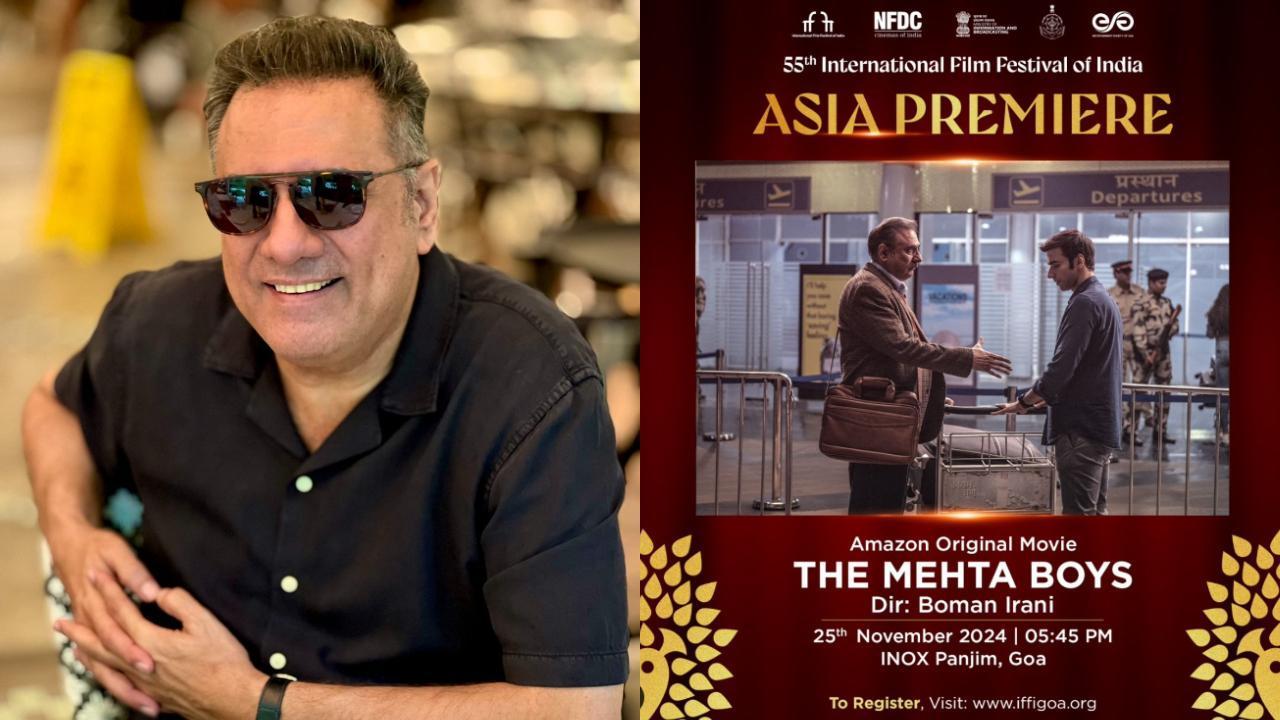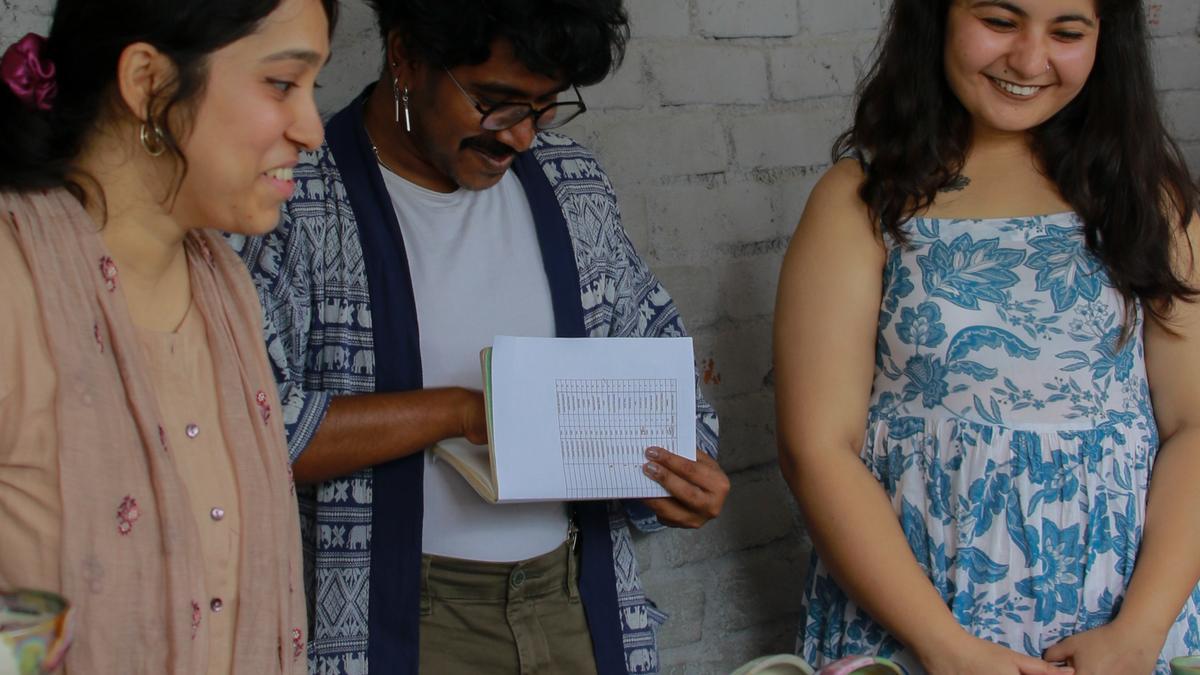
It’s an incredibly warm summer afternoon in Hyderabad but Vijay Deverakonda is the epitome of composure. With the release of his latest Telugu feature “Family Star” only a few days away, expectations are already sky-high. During our conversation at the film’s production office, Vijay exudes confidence, derived perhaps from the positive feedback that has trickled in after at least 50 acquaintances of the filmmaker and his family attended early screenings.
“Family Star” promises a delightful concoction of family drama and action – an entertainer through and through, as encapsulated by the character Vijay portrays. An interesting fact shared by the actor is that the film’s original working title was “Govardhan” – Vijay’s father’s actual name, which also belonged to his character who inherits not only the name but the weight of family responsibility from his grandfather. Eventually, the makers settled on a title that struck a chord with the universal appeal of someone like the titular star who sits at the heart of every family.
This film marks Vijay’s second partnership with director Parasuram Petla after the 2018 hit “Geetha Govindam.” Recollecting the numerous encounters with fans at airports who expressed their love for “Geetha Govindam,” Vijay talks about the conscious decision to provide the audience with a similar level of engagement and entertainment. With both their careers flourishing since “Geetha Govindam,” the actor-director duo feels a more heightened sense of responsibility and a stronger creative connection, lending to the sophisticated nuances in their filmmaking process.
“Family Star” is set against the relatable backdrop of a middle-class milieu, bearing resonance with Vijay’s own upbringing. Drawing from the well of these personal experiences, Vijay adds an extra layer of authenticity to his portrayal. He admits, however, that the narratives woven in “Family Star” are larger than life and not a realist depiction of middle-class trials. This mainstream holiday flick aims to amplify sentiments which, while rooted in reality, are expressed in exaggerated, entertaining outbursts true to the essence of Telugu cinema.
In the thick of post-production changes, Vijay sees the constructive aspect of such developments when they contribute to the film’s betterment. His instincts, developed over time, guide him in discerning if the film is on the right path. Citing his experiences on films like “Pelli Choopulu” and “Arjun Reddy,” he underscores the value of his gut feeling, which, in both cases, proved prophetic despite initial skepticism from producers and distributors.
On the other side of the spectrum, we have “Liger,” a project that evolved greatly from its initial concept. The film, initially centered on a boy from Karimnagar aspiring to face his idol in the ring, transformed into a pan-Indian saga, adjusting its narrative and losing some of its core identity in the translation. Vijay reveals his disappointment not so much with the film’s performance but with his own departure from his instincts.
Vijay, who once aspired to maintain artistic freedom irrespective of box office considerations, acknowledges the shift that stardom brings. The process now is a balance of creativity and commercial viability. He expresses a desire to make films for a wide audience and, when possible, to manage the economic aspects in such a way that even niche projects can be executed without undue financial risk, as was the case with his involvement in Shree Karthick’s “Oke Oka Jeevitham.”
Looking forward, Vijay Deverakonda’s itinerary includes collaborations with directors like Gowtam Tinnanuri and Rahul Sankrityan, signaling an exciting and diverse cinematic journey ahead. He hints at challenging roles set across different time periods, complete with varying looks and dialects, all of which signal a rich and promising future for this dynamic actor who stands ready to embrace the challenges and rewards of his craft.










